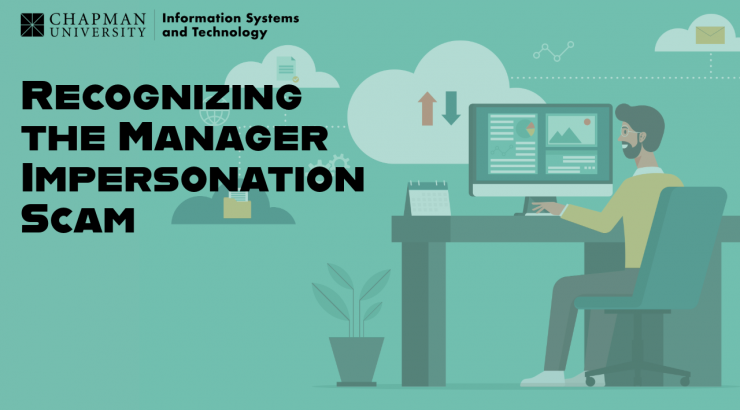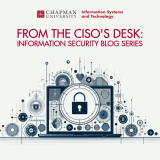
Protect Yourself: Recognizing the Manager Impersonation Scam
March 27, 2024
The age-old tactic of impersonation scams, also known as the Gift Card Scam, is rearing its head once more within our campus community.
In this scheme, scammers assume the identity of a manager or other trusted authority figure, claiming unavailability for direct communication and requesting a “favor” via email. Typically, this favor entails purchasing gift cards from a store and sending pictures of the activation codes.
Why does this deception succeed?
The ploy preys on the innate human tendency to assist those in perceived positions of authority and distress.
How does it unfold?
- The scammer adopts the persona of an authoritative figure and solicits assistance in the form of gift card purchases.
- Once the victim submits images of the gift card codes, the scammer promptly redeems them, leaving no trace. Unfortunately, gift card transactions are irreversible and untraceable.
Recognizing the Warning Signs:
- Pay attention to discrepancies between the display name and the email address, which are often generic accounts from free email providers.
- Be wary of requests for gift cards, especially under peculiar pretexts like a relative’s birthday.
- Watch out for key phrases such as “Are you available?”, “I need a favor,” “I am in a meeting,” or “I cannot call, I can only email”.
What steps should you take if you receive such an email?
- Reach out to the supposed sender via their official Chapman University email or Microsoft Teams messaging.
- If suspicions arise, forward the questionable email to abuse@chapman.edu for investigation. Rest assured, your concerns will be addressed promptly.
- As a general guideline, refrain from disclosing payment information or sensitive data via email.
Take a moment to familiarize yourself with the latest scams on www.chapman.edu/scams and educate yourself further on phishing prevention at www.chapman.edu/phishing.
Stay vigilant and stay protected!
Chapman University Information Systems and Technology (IS&T)

